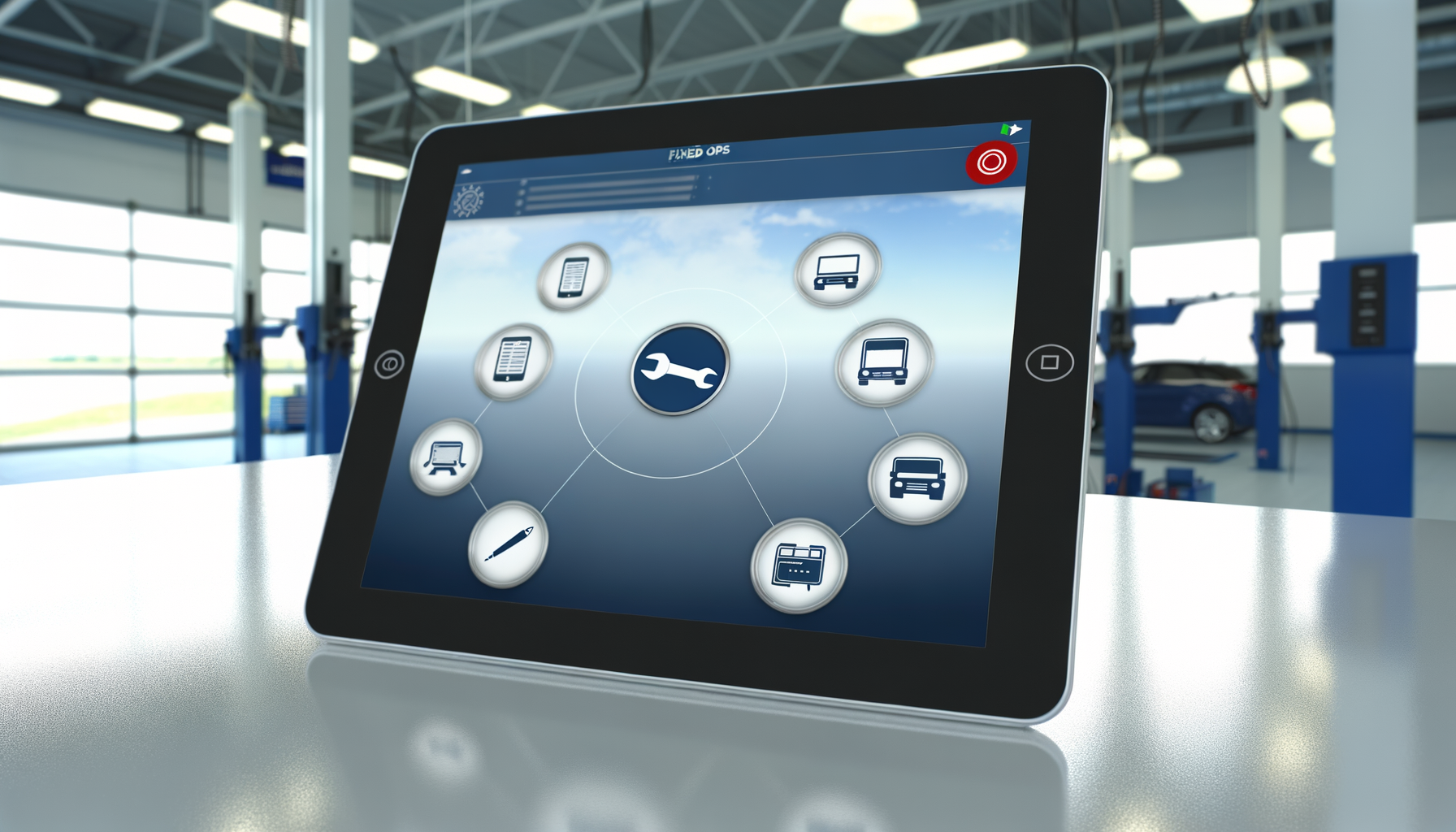Alchemy in Automotive: Converting Service Dept Chaos into Cohesion

Understanding the Evolving Role of Fixed Ops Leadership

In 2025, the responsibilities of fixed ops leaders have expanded beyond traditional management to include strategic oversight of technology integration, customer experience, and staff development.
Research indicates that successful leaders are those who can adapt swiftly to changes, such as the increasing prevalence of EV repairs, which have surged by 15% over the past year.
Begin by conducting a thorough assessment of your current service operations, identifying areas where leadership can drive innovation and improvement.
Key Skills and Competencies for Modern Service Managers

Today's service managers need a blend of technical acumen and soft skills, including leadership, communication, and data-driven decision-making.
Consider incorporating regular training sessions focused on emerging technologies and customer interaction best practices.
Implement a mentorship program pairing seasoned managers with newer team members to facilitate knowledge transfer and skill development.
Harnessing Technology for Enhanced Service Delivery

Service departments are increasingly reliant on technology to streamline operations and improve customer satisfaction. Key technologies include CRM systems, digital appointment scheduling, and AI-driven diagnostics.
Invest in tools that offer real-time insights and automate routine tasks, freeing up staff to focus on customer engagement.
Evaluate existing technology partners and consider transitioning to solutions that offer greater integration and flexibility, such as Auto Pro Solutions.
Developing and Retaining a High-Performing Team

High staff turnover is a significant challenge for service departments, with retention rates dropping by 5% annually. Leaders must focus on fostering a positive work environment and providing competitive incentives.
Offer continuous learning opportunities and clear career advancement paths to motivate and retain talented individuals.
Regular feedback sessions and performance reviews help align personal goals with company objectives, strengthening team cohesion and morale.
Customer Experience: The Heart of Fixed Ops Success

With 68% of customers preferring digital service scheduling, it's crucial for fixed ops leaders to prioritize seamless online and offline customer interactions.
Develop a customer feedback loop that actively seeks and implements client suggestions, enhancing service offerings.
Utilize data analytics to understand customer behavior and tailor services to meet evolving expectations.
Measuring Success: Analytics and KPIs for Fixed Ops

To drive continuous improvement, fixed ops leaders must establish and monitor key performance indicators (KPIs) such as service cycle time, customer satisfaction scores, and revenue per service hour.
Utilize advanced analytics platforms to gain actionable insights into operations, converting data into strategic initiatives.
Regularly review KPIs with your team to ensure alignment with broader business goals and identify areas for improvement.
Overcoming Common Challenges in Fixed Ops Leadership

Challenges such as parts shortages and fluctuating demand require agile leadership to mitigate impacts on service operations.
Develop robust supplier relationships and keep an inventory buffer to manage parts availability effectively.
Engage in scenario planning to prepare for potential disruptions, ensuring your team remains resilient and adaptable.
Related Topics
Ready to take your service department to the next level?
Schedule your demo today and experience the power of Auto Pro Solutions.
Schedule Demo